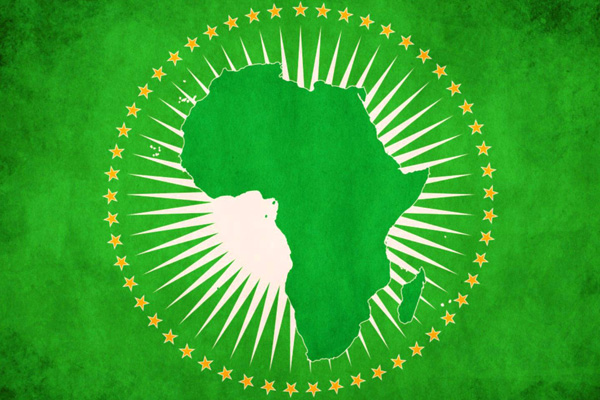With the deposit of the fifteenth instrument of ratification by Cameroun on 15 January 2012, the African Charter on Democracy, Elections and Governance (Democracy Charter)is set to enter into force on 15 February 2012, 30 days after the deposit of the last instrument of ratification. The Democracy Charter was adopted by the African Union on 30 January 2007, in Addis Ababa, Ethiopia.
The entry into force of the Democracy Charter means that for the first time, a binding treaty on democracy, elections and governance is in place in Africa, although it will only be binding on the 15 member States that have ratified it. The Democracy Charter is the culmination of successive non-binding instruments adopted by the African Union on democracy, good governance, human rights and development, and reinforces recent initiatives such asthe New Partnership for Africa’s Development (NEPAD) and the African Peer Review Mechanism (APRM).
The Democracy Charter promotes adherence to human rights and democratic principles; ‘condemnation and total rejection’ of unconstitutional changes in government; rule of law; representative governance; holding of regular, transparent free and fair elections; gender equality; separation of powers; transparency in the management of public affairs; and condemnation and combatting of corruption.
The Special Rapporteur on Freedom of Expression and Access to Information in Africa (of the African Commission on Human and Peoples’ Rights) and the Chairperson of the Independent Electoral Commission of South Africa, Commissioner Pansy Tlakula, had since the adoption of the Democracy Charter in 2007, urged members States to ratify the Democracy Charter in order to expedite its coming into force.In 2011, the Centre for Human Rights in collaboration with the Special Rapporteur and with the financialsupport of Open Society Justice Initiative for Southern Africa and West Africa (OSISA and OSIWA), embarked on a project to promote the ratification and coming into force of the Democracy Charter.
As part of this project, three sub-regionalp meetings for Southern Africa (in Mozambique), for Eastern Africa (in Kenya)and for West and Central Africa (in Senegal) were held with representatives of Ministries of Justice and Foreign Affairs, Parliament, Election Management Bodies, National Human Rights Institutions, Media and Civil Society of countries in the relevant sub-region, to promote ratification of the Democracy Charter and expedite its coming into force. At the end of these meetings, country specific plans of action to promote the ratification of the Democracy Charter were formulated and adopted as well as feed-back mechanisms for monitoring their implementation.The Democracy Charter has receivedseven ratifications since the first sub-regional meeting for southern African was heldin June 2011.
South Africa was the eighth country to ratify the Democracy Charter on 24 December 2010, having signed the Charter earlier on 1 February 2010, and completed the process with the deposit of its instrument of ratification on 24 January 2011. The fourteen others are: Burkina Faso, Cameroon, Chad, Ethiopia, Ghana, Guinea, Lesotho, Mauritania, Niger, Nigeria, Rwanda, Sierra Leone, Guinea Bissau and Zambia.
The Centre for Human Rights welcomes the coming into force of this landmark instrument and looks forward to the positive changes its implementation will bring to our continent.


